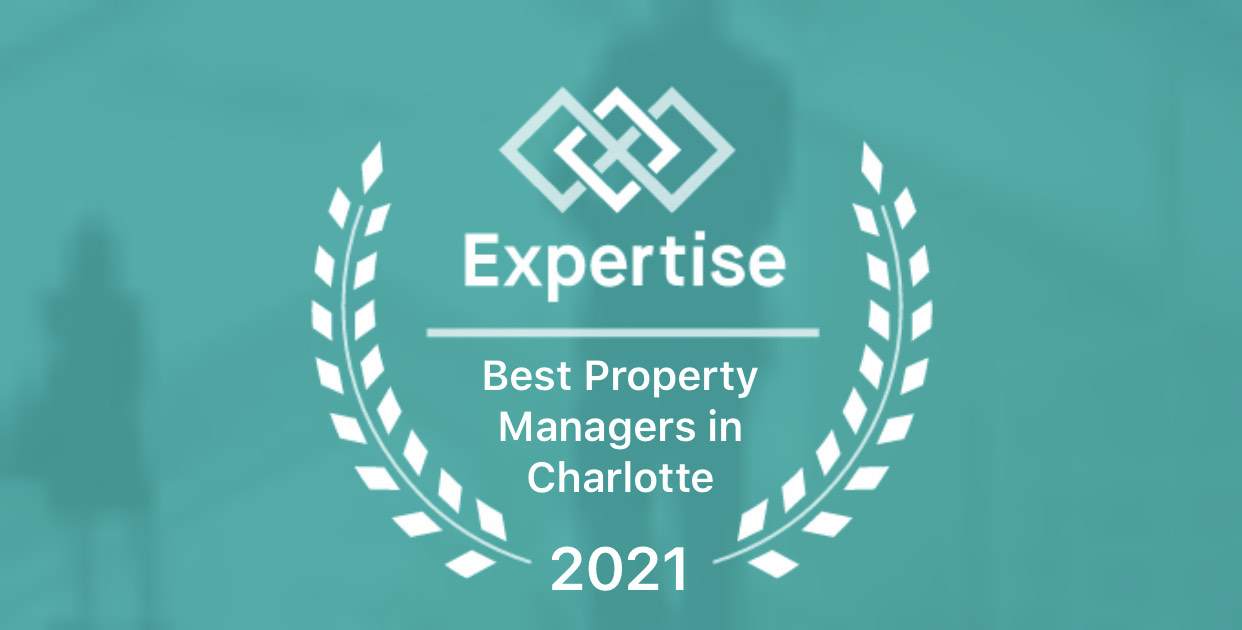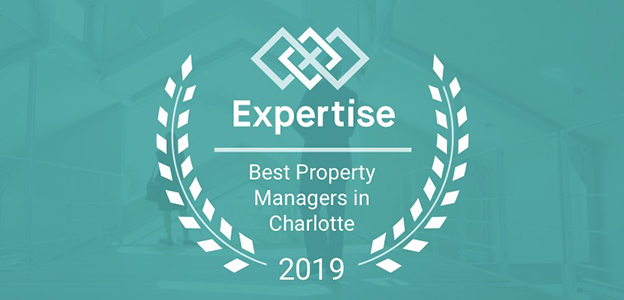You may call it a New Year’s Resolution or simply a personal goal. Whatever the case may be, 2016 will hopefully be a year of financial success for you and your family. Whether you know it or not, everyone’s on a budget. You may not write down your expenses and expenditures each month versus your income, but the definition of budget is: a quantity involved in, available for, or assignable to a particular situation. So, if you know that you have to acquire (earn, beg, borrow, or steal) money for the purpose of covering your expenses and expenditures…you’re on a budget. Now, if you want to be on an effective budget and start on a path to financial freedom, you have to learn to budget with a purpose.
Maybe you feel that your budget is working for you. But, could it be working better? Ask yourself these questions:
- Do you pay your rent/mortgage late each month, consistently?
- Would illness, death in the family, or an accident cause you to fall behind in your bills?
- Are you stressed and losing sleep due to your finances?
- Do you have at least one month’s income saved for emergencies?
- Do you have a monthly budget?
If your answer was “yes” for questions 1-3 or “no” to 4-5, you really need to consider Budgeting with Purpose. How?:
- Set goals. Where would you like to be in your life in 1, 5, 10 years? Got an idea? Now, what do you need to do financially, to make all of those tangible goals come to fruition?
- Specify your saving. Don’t just pay your bills and then say I will set aside some money…after! Set a manageable amount and don’t deviate! Unless it’s to add more. By setting a manageable amount, it’s not too much of a hardship. You won’t miss it, and in the end you’ll be so happy watching the savings add up and your goals become more in reach!
- Crunch the numbers. Once you have a realistic goal that you’re working toward, evaluate where you are and where you need to be to make these things happen. Much of budgeting with a purpose is not just working towards a place you want to be, but also remedying the mistakes you’ve made. For many, becoming debt free is their ultimate goal. Paying down/off old debt should be a vital step in your budgeting strategy.
- Make good choices. No one wants to work 40, 60, 80 hours a week yet have no luxuries in life. However, keeping “miscellaneous” spending to a minimum and under control is always a wise decision. The key is to always have your long-term goals foremost in your mind.
- Chart everything. A way you can gage where you can cut back, especially on necessities that you will always have (utilities, food, and gasoline), is to keep a chart and see how it increases and decreases month to month. This will hopefully help you see why you have those rises and falls and devise a plan to stabilize and/or consistently decrease, when possible.
- Invest. Maybe buying 10,000 shares of Microsoft is not within your financial means, but that is not to say that you can’t invest. Financial investing takes many forms. It can be a Christmas club from your bank as a savings tool, CDs that can’t be touched, or IRAs. However you’re able to do it, find a means to put away money, that’s going to allow the money to make money, while disallowing you to dip into the till.
Your goal maybe as small as being in a better financial situation at the end of this year than you were last year, or as grandiose as making the change from paying rent to paying mortgage. For any or ALL of it to be possible (because all thing are), you need to budget with a purpose and start, TODAY, on a path to financial freedom!















